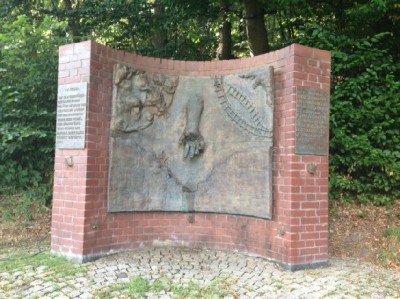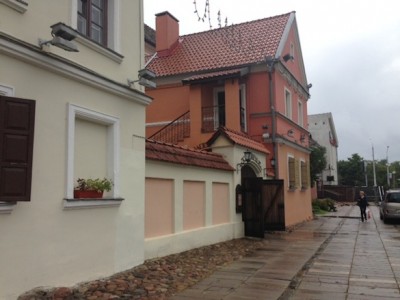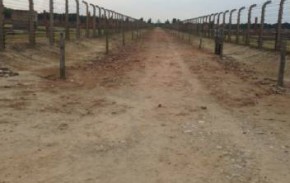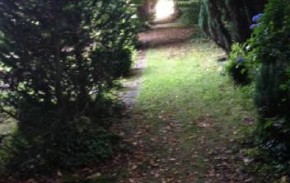GLOBAL. With ancestry.com and other similar sites becoming more accessible in studying one’s genealogy, more and more people are able to gain access to their family’s history. Yet, what to do with that information? You may have birth certificates, immigration papers, or even signatures from Ellis Island. As one finds out more about their background, they are privy to discover exactly where their family hailed from – their homeland so to speak.
People, who before would have no discernible heritage, can take an entirely new version of a vacation – a vacation to the place, to the city, even to the exact spot to where their roots began. Many people take pilgrimages to their homelands; often people of Jewish descent visit Israel to the commonly deemed “homeland”. Yet, everyone now has the power to go to where they are from.
I am a firm believer of the fact that one cannot truly experience their culture and their background until they step foot on the actual ground and breathe the air that was once shared by their ancestors. I want to shed light on a new kind of vacation, made popularized by shows like Who Do You Think You Are? I became motivated to travel to my homeland after I learned more about my history from a historical archive, the ITS Holocaust Archive in Bad Arolsen, Germany. I was able to gain access to documents from my family’s experiences in the Holocaust through this service, and they even sent me copies of the documentation for free.
There is more to travel than bright white beaches or wild nightclubs. A vacation can also be an opportunity to find oneself, to find a connection to you roots, an understanding of what it took for you to have the opportunities you have today. There are even structured trips for more dangerous areas with guides to provide a sense of security and also to overcome the language barrier.
My travels took me to amazing places like Paris and Berlin, but it also took to me to places one does not ofter consider visiting on their free time. I went to Auschwitz and Sachsenhausen, and I also went to the place where my family spent time during the war, a camp in Wuppertal, Germany.
This can be a trip for the whole family too. It does not have to be a daunting task you have to go at alone. On my next trip to Belarus I plan on bringing my parents and siblings to experience the same incredible feeling as you tread upon the ground where your ancestors once stood many years ago. Include your family in the research process, hear stories about locations or look at pictures for landmarks. Those are often the clues that will take you farther, and if a tangible connection can be made, like finding the same monument or building in a photo, you feel like you traveled through time to where your family stepped on that very same cobblestone path you would come to visit. Every map and every document I found took me closer and closer to a next step, and eventually I was even able to find the cemetery where my great-aunt was buried.
I cannot put into words how much a trip like this changes you; it makes you appreciate all the small things in life to umpteenth degree. You can take an opportunity to go to the touristy locations, and then take a trip to the lesser seen village, the village where your great-great grandparents began their life and put down their roots. I guarantee, because I have done the pilgrimage myself, you will appreciate and cherish the experience beyond what can be put into words. Think outside the box for your next vacation. Do some research, awaken your inner Sherlock Holmes, and find where your family came from. Then maybe plan a trip that encompasses some part of what you found.




